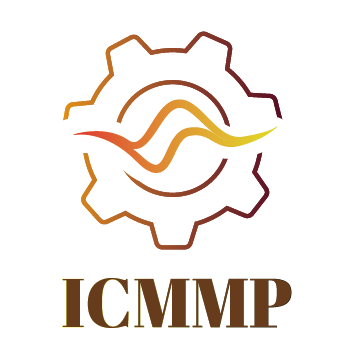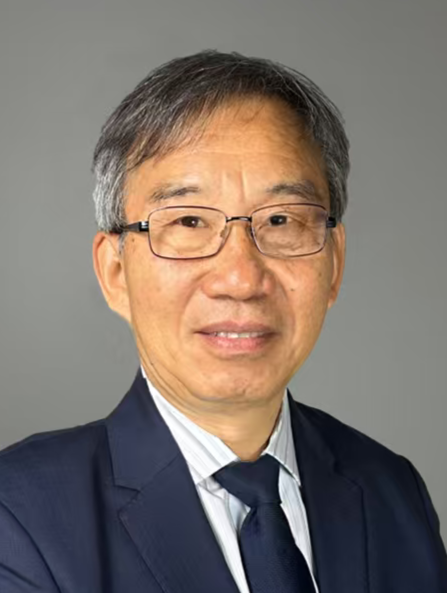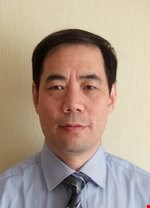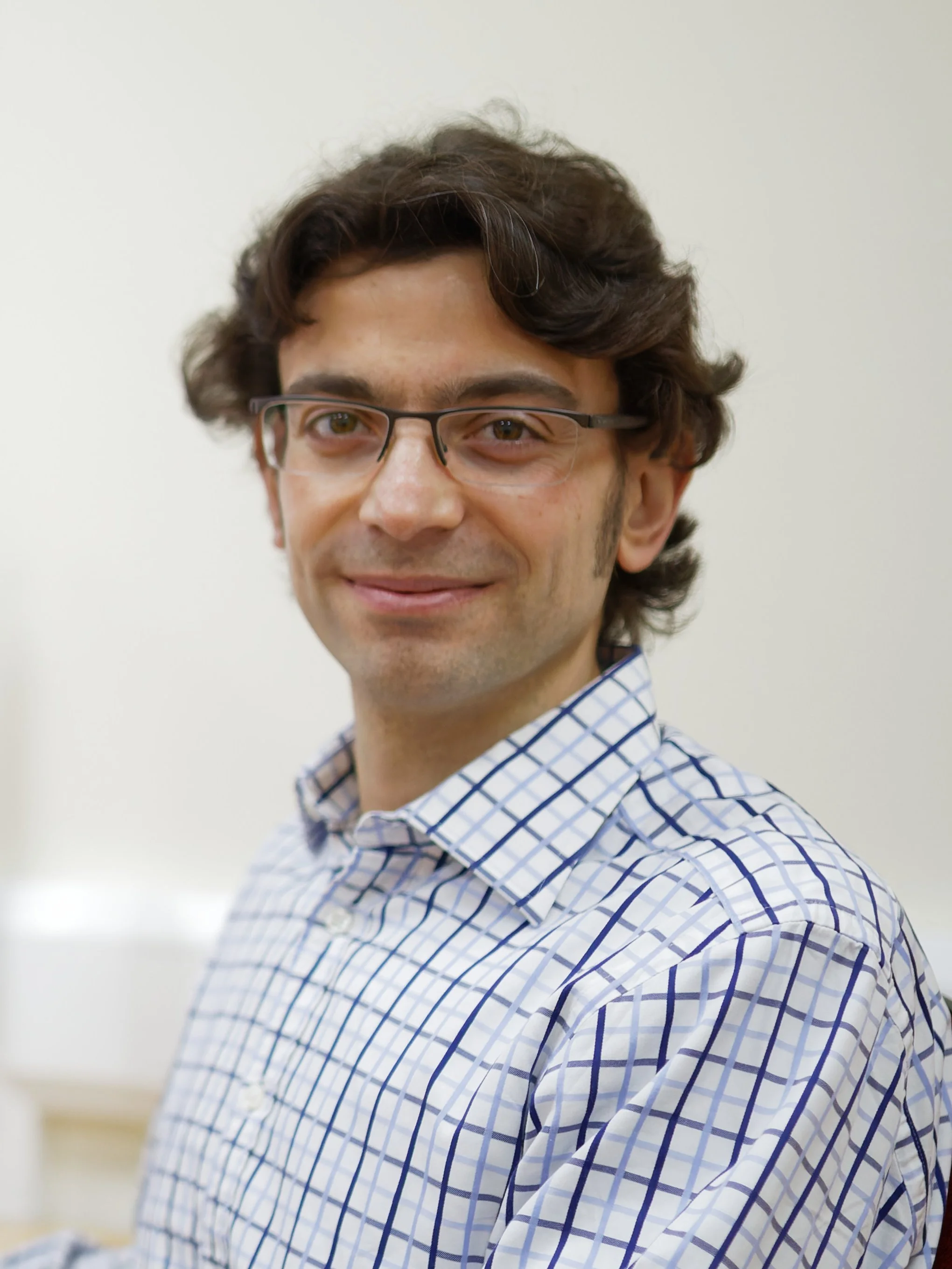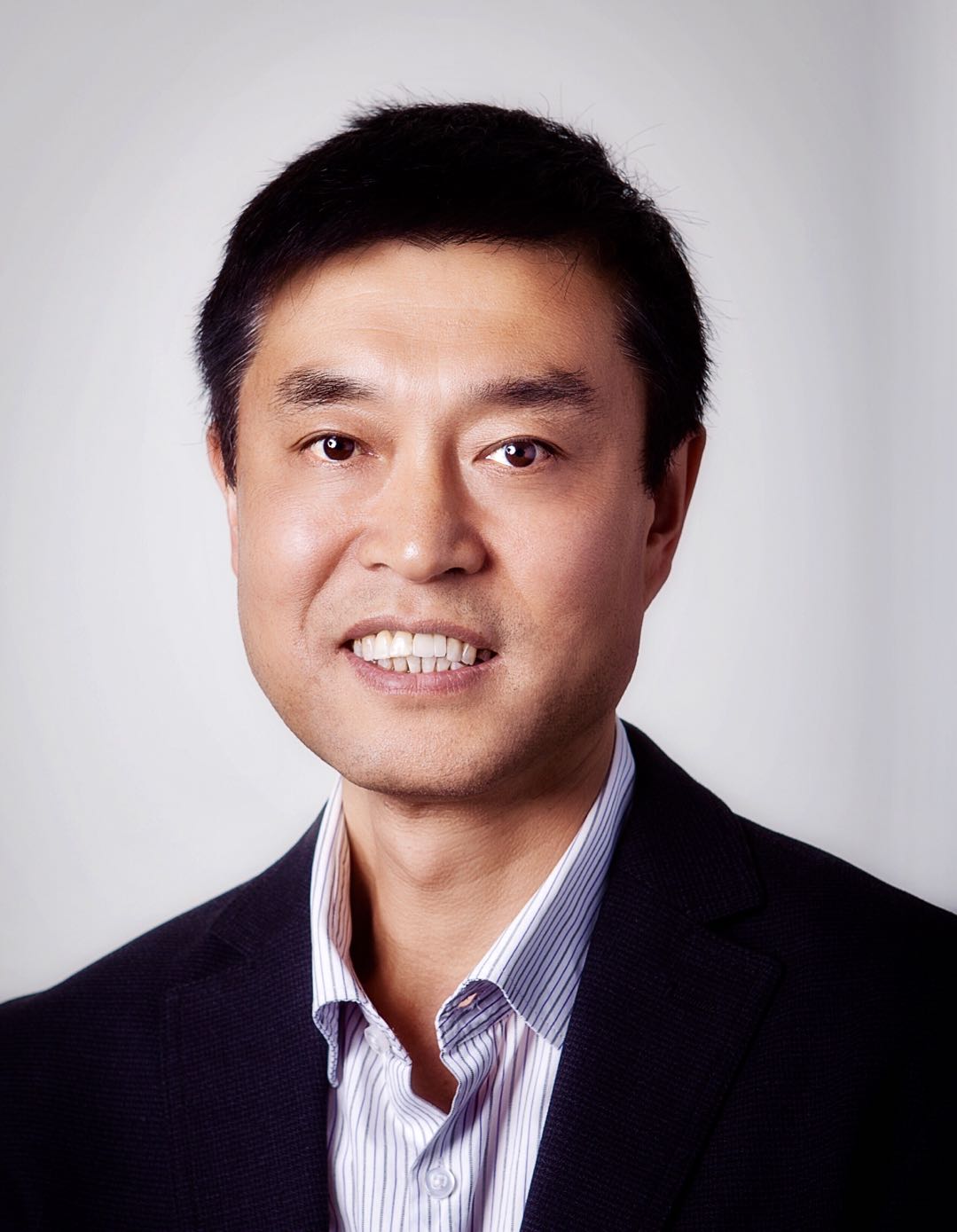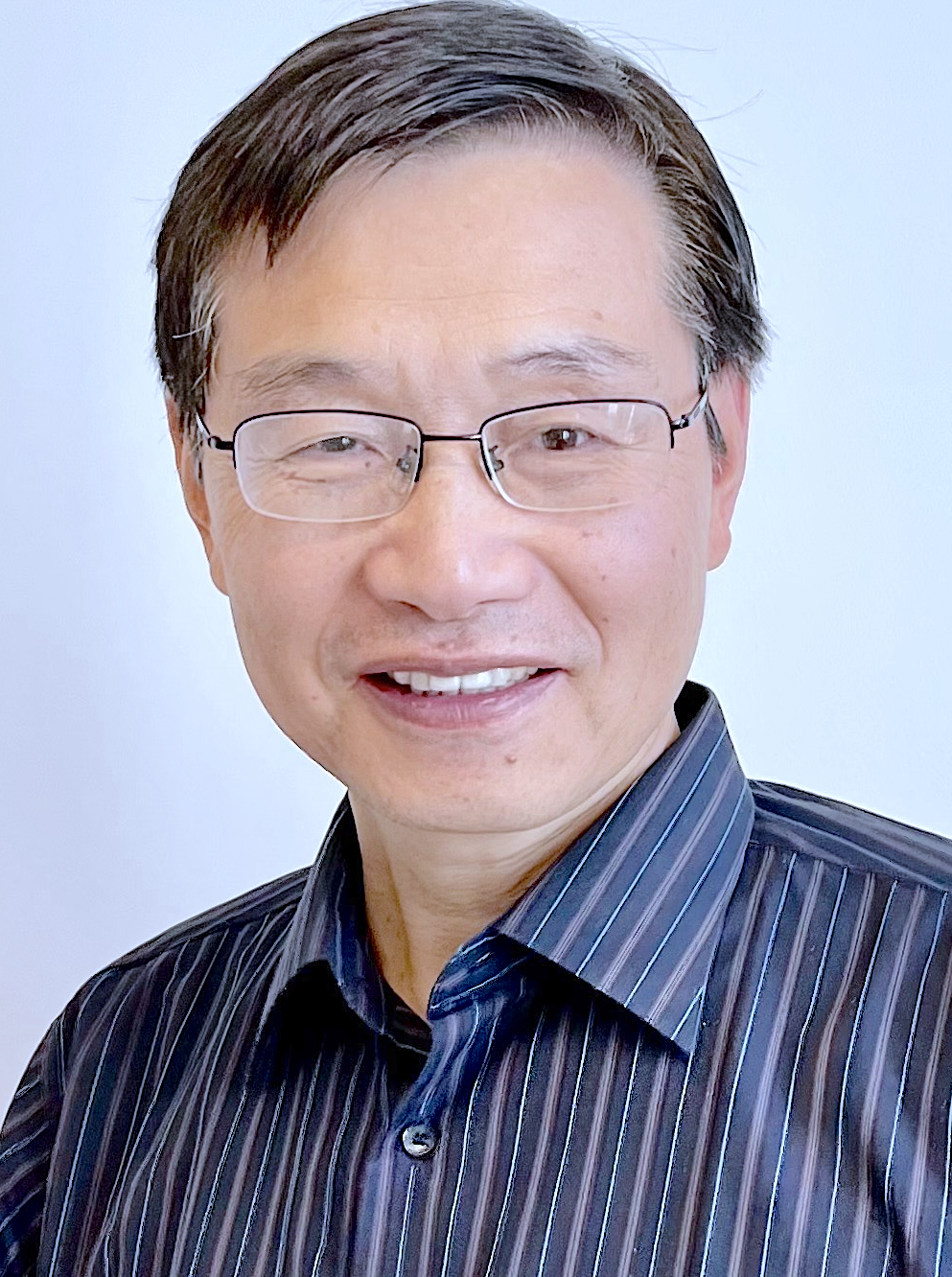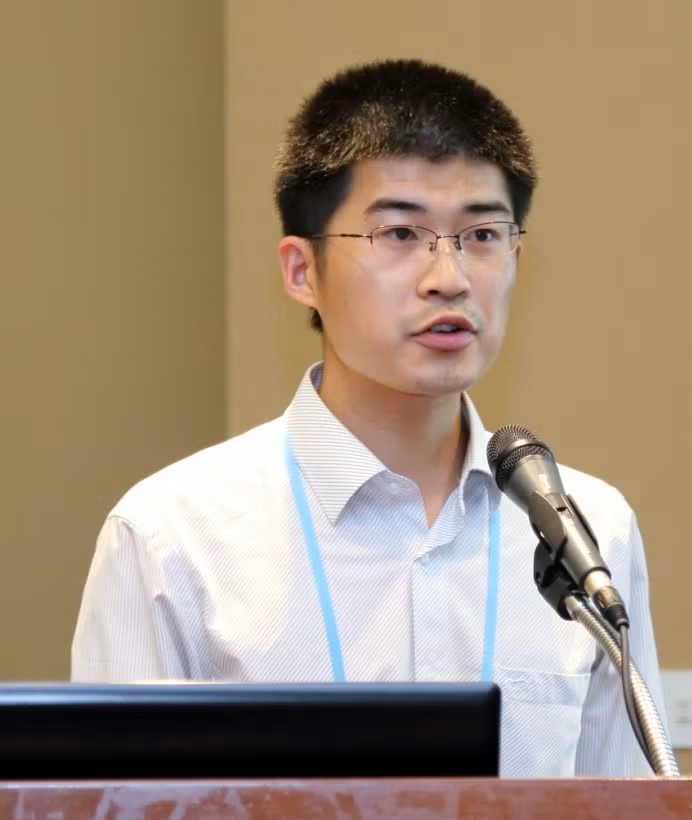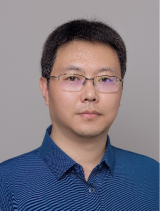| Chair Prof. Jianguo LinThe Hong Kong Polytechnic University, China Hong Kong Prof. Jianguo Lin successively obtained a BEng in Agricultural Machinery from Xinjiang Shihezi University, an MEng in Engineering Graphics from Taiyuan University of Technology, and a PhD in Leather Shoe Manufacturing from the University of Sheffield (UK). After that, he engaged in 5-year post-doctoral research on high-temperature creep and fatigue. He once worked at the University of Birmingham (UK), serving as a lecturer in the Geometric Modelling Group, a researcher in the Metal Forming Group, and later was promoted to Senior Lecturer and Reader. Since 2008, he has held the position of Full Chair at Imperial College London, concurrently serving as Head of the Mechanics of Materials Division and a Royal Academy of Engineering-Tata Steel Research Chair. He was elected a Fellow of the Royal Academy of Engineering (UK) in 2013 and a Fellow of the European Academy of Science in 2017. At Imperial College London, he established the Metal Forming and Materials Modelling research group, which had over 50 researchers in 2022 and won two Imperial President’s Medals. As Principal Investigator, he secured more than 50 research grants (with a total of over £30 million) and participated in projects worth over £110 million. He also founded 4 research centres, 2 joint research labs, and 3 spin-off companies (to commercialize technologies such as HFQ®). In addition, Professor Lin has published over 400 research papers, 2 books, obtained more than 20 patents, and currently holds positions including Co-Editor-in-Chief of the International Journal of Lightweight Materials and Manufacture and other roles in international journals. In September 2024, Professor Lin joined the Department of Industrial and Systems Engineering of The Hong Kong Polytechnic University (PolyU), as a Chair Professor, to continue his research in materials processing and modelling technologies. |
| Prof. Hamid Reza KarimiPolitecnico di Milano, Italy Hamid Reza Karimi is a Professor of Applied Mechanics in the Department of Mechanical Engineering at Politecnico di Milano, Milan, Italy. Prof. Karimi’s original research and development achievements span a broad spectrum within the topic of automation/control systems, and intelligence systems with applications to complex systems such as vehicles, robotics and mechatronics. Prof. Karimi is an ordinary Member of Academia Europaea (MAE), Member of European Academy of Sciences and Arts (EASA), Member of The European Academy of Sciences (MEurASc), Member of Agder Academy of Science and Letters in Norway, Member of National Academy of Artificial Intelligence (NAAI), Honorary Academic Member of National Academy of Sciences of Bolivia, Distinguished Fellow of the International Institute of Acoustics and Vibration (IIAV), Fellow of The International Society for Condition Monitoring (ISCM), Fellow of the Asia-Pacific Artificial Intelligence Association (AAIA), and also a member of the IFAC Technical Committee on Mechatronic Systems, the IFAC Technical Committee on Robust Control, the IFAC Technical Committee on Automotive Control, member of the board of Directors of The International Institute of Acoustics and Vibration (IIAV) and member of Management Committee of The International Society for Condition Monitoring (ISCM). Prof. Karimi is the recipient of the 2025 NAAI Distinguished Artificial Intelligence Scholar Award, the 2021 BINDT CM Innovation Award, the Web of Science Highly Cited Researcher in Engineering, August-Wilhelm-Scheer Visiting Professorship Award, JSPS (Japan Society for the Promotion of Science) Research Award, and Alexander-von-Humboldt-Stiftung research Award, for instance. Prof. Karimi serves/served as Editor-in-Chief and Book Series Editor for Springer, CRC Press and Elsevier. He has also participated as General Chair, keynote/plenary speaker, distinguished speaker or program chair for several international conferences in the areas of Control Systems, Robotics and Mechatronics. Prof. Karimi has served as vice-president for International Prize "Lombardia è ricerca" and is also the conference chair for the 2026 World Congress on Condition Monitoring (WCCM2026) to be held in Milan, Italy. Additionally, Prof Karimi is the President of The 2025 China-Europe Scientists Forum and he is an Honorary Visiting Professor in the School of Computing & Engineering at the University of Huddersfield, UK. |
| Prof. Shouxun JiBrunel University, Britain Prof. Shouxun Ji is currently a Professor at Brunel University London. He has been focusing on the development of lightweight materials and structures for the automotive industry, aerospace, powered tools, and other sectors. The main activities include purpose-developed aluminium alloys and magnesium alloys with improved ductility, strength (at ambience and elevated temperatures), modulus and thermal conductivity, and the hybrid structures using different materials and different joining techniques. He is also working on new materials and structures for special applications, such as materials for explosive cords and high strength casting materials for aircraft. His works have helped industrial partners to deliver several products in massive manufacturing. For his outstanding achievements in related fields, he has won multiple prestigious awards: "Advanced Cast Aluminum Alloys and Their Industrial Applications" obtained the 2017 UK CMF Annual Technology Innovation Award; "Small Engine Cylinder Blocks Manufactured from High-Temperature Magnesium Alloys" received the 2023 International Magnesium Association Outstanding Commercial Product Award; and he himself was awarded the 2022 Person of the Year Award by the International Magnesium Science and Technology Society. Recently, he worked with world leading company to develop magnesium alloys for small engine applications, which requires improved strength and thermal conductivity at room temperature and at elevated temperatures. Prof. Ji has plenty of experiences in high pressure die casting including die structure design, gating system design and optimisation, casting process and casting materials. He also worked extensively on other shaped-casting processes such as sand casting, gravity casting, low pressure die casting, semi-solid metal processing of rheo-die casting, rheo-extrusion, and rheo-twin roll casting. His previous works also included cast irons (spheroidal graphite cast iron and austempered ductile iron) and copper alloys. Prof. Ji has published more than 130 papers in the peer-reviewed scientific Journals and more than 20 international patents. He is a member of three ISO technical committees and one BSI technical committee and the editorial member of three scientific journals. |
| Prof. Quentin RamasseUniversity of Leeds, Britain Prof. Quentin Ramasse holds a joint Chair in Advanced Electron Microscopy at the School of Chemical and Process Engineering and School of Physics, University of Leeds. After an M.Eng. at Ecole Centrale Paris and an M.Math (Part III of the Mathematical Tripos) at the Unviersity of Cambridge, he obtained his Ph.D. in Physics from the University of Cambridge as a member of the Microstructural Physics Group working on optical aberration measurements methodologies for aberration-corrected scanning transmission electron microscopy (STEM). He then moved to the National Center for Electron Microscopy (NCEM) in Berkeley, a U.S. Department of Energy-funded user facility, initially for a postdoctoral fellowship before being appointed Staff Scientist. At NCEM he took part in the TEAM project which saw development of the world's first 0.5Å electron microscope. Since 2010, Quentin is the Director of the SuperSTEM Laboratory, the EPSRC UK National Research Facility for Advanced Electron Microscopy, which is located on the outskirts of Warrington on the SciTech Daresbury Science and Innovation Campus. Quentin has published extensively in the field of STEM-EELS, with a dual focus on STEM technique development and on applications to a wide range of energy harvesting materials, from 2-dimensional materials such as graphene and MoS2 nano-catalysts to complex oxides. |
| Prof. Mingxing ZhangUniversity of Queensland, Australia Professor Mingxing Zhang obtained his Bachelor of Engineering from Inner Mongolia University of Science and Technology, China, and Master of Engineering from Northwestern Polytechnical University, China. In 1997, he was awarded his PhD degree by The University of Queensland. He is currently a Professor at the School of Mechanical and Mining Engineering, The University of Queensland. His research interests include additive manufacturing of metals and MAX phase materials, high-entropy alloys, new alloy design through machine learning, application of crystallography to engineering materials, surface engineering of metals, grain refinement for cast metals, surface modification and coatings, bainitic transformation, and bainitic steels. Professor Zhang is a world leader in the field of crystallography of phase transformations and its applications in engineering materials, and is recognized as one of the top researchers in the areas of phase transformations, grain refinement for cast metals, additive manufacturing of metals, and surface engineering. |
| Assoc. Prof. Zhenhai XiaUniversity of New South Wales, Australia Dr. Zhenhai Xia is an Associate Professor at School of Chemical Engineering and the Deputy Director of the Australian Carbon Materials Centre at the University of New South Wales, Australia. His research interests encompass multiscale and multi-physics modeling of clean energy conversion and storage, biological and bioinspired materials as well as mechanics of nanostructured materials/composites. He has authored one book, seven book chapters, and over 230 publications in peer-reviewed journals, including those in the Science and Nature series. His work has garnered over 30,000 citations with an h-index of 67 (Google Scholar). Dr. Xia has received numerous awards, including the 1997 Humboldt Scholarship from the Alexander von Humboldt Foundation, the 2015 Nanoscience Research Leader Award from Science Letters, USA, and the 2019 Somiya Award from the International Union of Materials Research Societies. He is also an associate editor for Frontiers in Energy Materials and a Fellow of the Royal Society of Chemistry. |
| Assoc. Prof. Wentao YanNational University of Singapore, Singapore Wentao Yan is an associate professor in the Department of Mechanical Engineering at the National University of Singapore. He joined NUS in August 2018. Prior to that, he was a postdoctoral researcher at Northwestern University and a visiting researcher at the National Institute of Standards and Technology (NIST). He received his Ph.D. from Tsinghua University in Beijing in March 2017. From October 2014 to March 2017, he was a joint doctoral student at Northwestern University. He obtained his bachelor's degree in mechanical engineering from Tsinghua University in Beijing in 2012. Professor Yan is actively committed to exploring fields such as additive manufacturing, 3D printing; computational mechanics, multi-scale and multi-physics simulations, data-driven modeling, and the integration of physical models and data analysis. |
| Prof. Heng LiNorthwestern Polytechnical University, China Professor Heng Li is a doctoral supervisor at the School of Materials Science and Engineering. He serves as the leader ofthe LIFE (Limit Forming and Intelligent Manufacturing of Aerospace Advanced Materials) team. His teaching and research primarily focus on advanced materials' high-performance processing and limit forming intelligent manufacturing. He has made significant progress in the following areas: performance-driven collaborative design and manufacturing of material-structure-process for high-performance components, digital and green sustainable processing and forming technologies, microstructural information inheritance and evolution control during forming and service of difficult-to-deform materials, and multi-field multi-scale mathematical modeling across the entire manufacturing cycle. Professor Li has been invited to serve as an editorial board member for multiple prestigious domestic and international journals, including TOP journals such as International Journal of Plasticity, Chinese Journal of Aeronautics, International Journal of Advanced Manufacturing Technology, Advanced Manufacturing, Journal of Plasticity Engineering, and Precision Forming Engineering. He also serves on academic and organizing committees for international conferences such as ICTP and Plasticity, and holds positions such as Deputy Director of the Standing Academic Committee for the Tube Forming Technology Forum of the Plasticity Engineering Branch. |
| Prof. Jufu JiangHarbin Institute of Technology, China Professor Jiang is a Tier-II Professor and national-level high-caliber talent at Harbin Institute of Technology. He serves as an Executive Committee Member of the International Scientific Committee for Semi-Solid Processing of Alloys and Composites, and holds multiple editorial and committee roles in Chinese academic societies and journals, including Materials. His research focuses on semi-solid processing, squeeze casting, integrated die-casting, and combined casting-forging forming of metallic structural materials. He has pioneered technologies such as light alloy casting-forging hybridization and localized loading squeeze casting. A key achievement is leading the development of China's first 12,500 kN large-scale, cost-effective, and high-efficiency squeeze casting equipment. This innovation has solved critical defect control challenges in large aluminum alloy components with significant wall-thickness variations. His work has enabled the production of high-performance, complex lightweight components for aerospace (e.g., satellite brackets, aircraft frames), automotive (e.g., heavy-duty engine flywheel housings, large integrated die-cast car body parts), and 5G communication equipment. He has published 196 papers (121 SCI-indexed, with over 4,000 citations), filed 47 Chinese invention patents (31 granted, 2 commercialized), authored one monograph, and received numerous awards, including a National Technology Invention Second Prize. |
